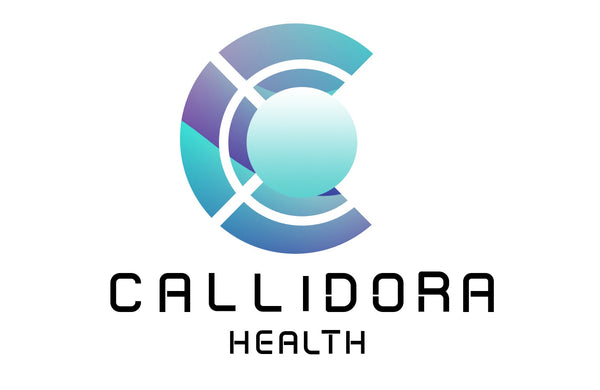Neurological conditions, ranging from stroke and traumatic brain injuries to chronic conditions like multiple sclerosis and Parkinson's disease, can significantly impact a person’s quality of life. Recovery from these conditions often requires not just physical healing but also a comprehensive, individualized approach to rehabilitation. Callidora Neurological Rehabilitation stands out as a beacon of hope, offering innovative therapies designed to help individuals regain independence, improve motor skills, and enhance overall well-being.
What is Callidora Neurological Rehabilitation?
Callidora Neurological Rehabilitation is a specialized program focused on the recovery and management of neurological conditions. This rehabilitation method emphasizes a holistic approach, blending advanced technology, physical therapies, and cognitive exercises to address the diverse challenges presented by neurological impairments.
What sets Callidora apart from traditional rehabilitation methods is its personalised, patient-centered approach. Each rehabilitation plan is tailored to the unique needs and goals of the patient, ensuring that they receive the most effective treatments to promote recovery. The Callidora team, composed of neurologists, physical therapists, occupational therapists, and speech-language pathologists, works together to create a coordinated strategy for each individual.
Key Features of Callidora Neurological Rehabilitation
-
Advanced Technology Integration: Callidora’s rehabilitation program utilizes cutting-edge technologies such as robotic-assisted therapy, neurostimulation devices, and virtual reality exercises. These tools help enhance motor function, provide real-time feedback, and stimulate brain plasticity to accelerate recovery.
-
Holistic Approach: Beyond physical recovery, Callidora’s program incorporates cognitive therapy, emotional support, and lifestyle modifications. Cognitive rehabilitation focuses on improving memory, attention, and problem-solving skills, while emotional support helps patients manage anxiety, depression, and other psychological challenges often associated with neurological conditions.
-
Personalised Therapy Plans: Every individual’s journey to recovery is different, and Callidora understands that. Their rehabilitation plans are fully customized to meet each patient’s specific needs, taking into account the type and severity of their neurological condition, as well as their personal goals and preferences.
-
Multidisciplinary Care: Callidora’s team works collaboratively, ensuring that every aspect of the patient's condition is addressed. Physical therapists help with movement and coordination, while speech therapists focus on communication and swallowing issues. Psychologists and neurologists provide crucial mental and emotional support, ensuring that no part of the patient’s rehabilitation is overlooked.
-
Patient Education: A crucial aspect of recovery is knowledge. Callidora emphasizes educating patients and their families about their condition and the rehabilitation process. By empowering individuals with the right information, they are better equipped to manage their health and make informed decisions about their recovery.
The Benefits of Callidora Neurological Rehabilitation
-
Enhanced Mobility: Through targeted exercises and therapies, patients often experience improved movement and motor skills, making daily activities easier and more manageable.
-
Cognitive Improvements: With the help of cognitive training and neurostimulation, many individuals can regain lost cognitive functions, improving their memory, concentration, and problem-solving abilities.
-
Increased Independence: One of the primary goals of Callidora Neurological Rehabilitation is to help individuals regain as much independence as possible, whether that means walking without assistance, communicating effectively, or performing tasks of daily living.
-
Improved Emotional Well-being: Neurological conditions can often cause emotional distress. The program’s focus on mental health and emotional support helps individuals cope with the psychological challenges of recovery.
